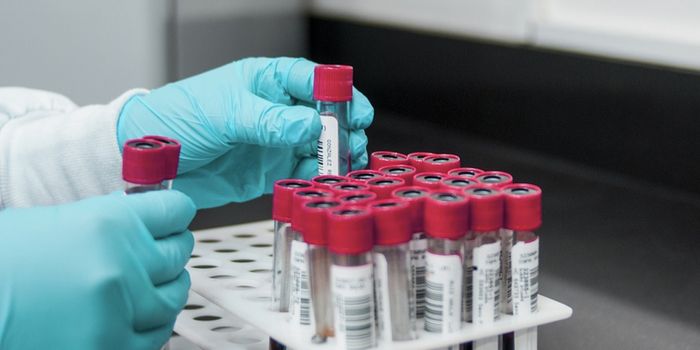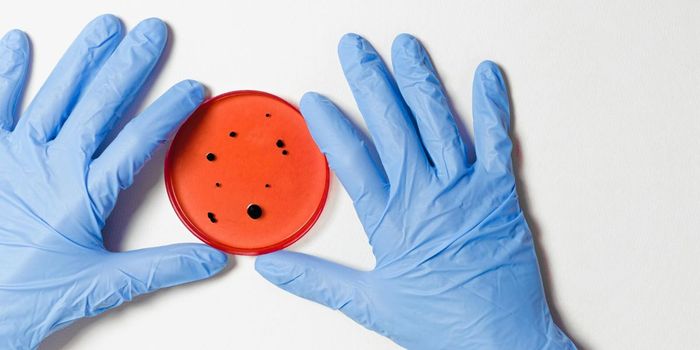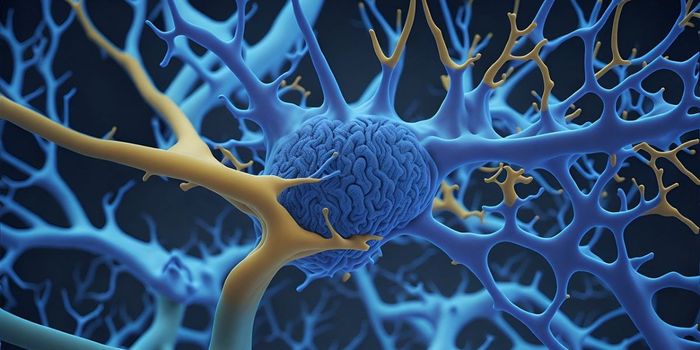Using an AI algorithm to distinguish between major depressive disorder and bipolar disorder
A study published in the Journal of Affective Disorders proposes a novel, fully automated artificial intelligence (AI) algorithm leveraging ExtraTrees (ET) forests to distinguish patients with major depressive disorder (MDD) from those with bipolar disorder (BD). This distinction, critical for appropriate treatment, remains challenging due to overlapping symptoms in depressive phases of both disorders. ET forests, known for their robustness to noisy and uncertain data, reduce decision tree variance without increasing bias, enhancing the algorithm’s reliability and generalization capabilities. Pairing this approach with a panel of A-to-I RNA editing biomarkers further strengthens diagnostic accuracy, offering a promising tool for early detection of BD.
The choice to use ET forests for this task is significant, as this machine learning (ML) method is specifically adept at addressing challenges like small sample sizes and data variability, common in clinical research. The use of RNA editing biomarkers is a key element of the study, offering a blood-based diagnostic tool to support clinical assessments.RNA mutations seem to be found in cancer, autoimmune, and neurologic diseases. While some variability due to patient medication status was acknowledged, the algorithm’s focus on RNA editing biomarkers, rather than medication effects, was confirmed through additional analyses.
The broader clinical implications of this work are noteworthy. BD diagnosis is often delayed by 7-10 years due to symptom overlap with MDD and other conditions. This delay can lead to inappropriate treatments, which may exacerbate the condition. By integrating the RNA editing biomarker panel with an AI algorithm, this study provides evidence that a combined diagnostic approach can reduce this delay, improving patient care and individualizing treatment strategies. The tool’s potential to offer a positive net health impact warrants further study and assessment, including measuring changes in patient outcomes and cost-effectiveness in clinical practice.
The study concludes that the validated RNA editing-based blood test, when used alongside comprehensive clinical evaluations, could aid in the early and accurate diagnosis of BD. This advancement may help reduce diagnostic uncertainty and guide more personalized treatment strategies, which is especially valuable in cases where a diagnosis remains unclear.
Sources: Journal of Affective Disorders








